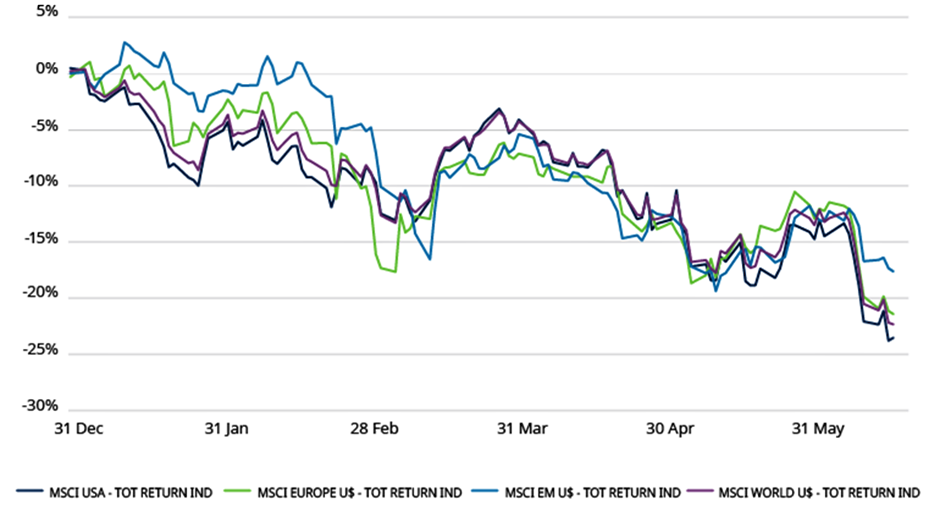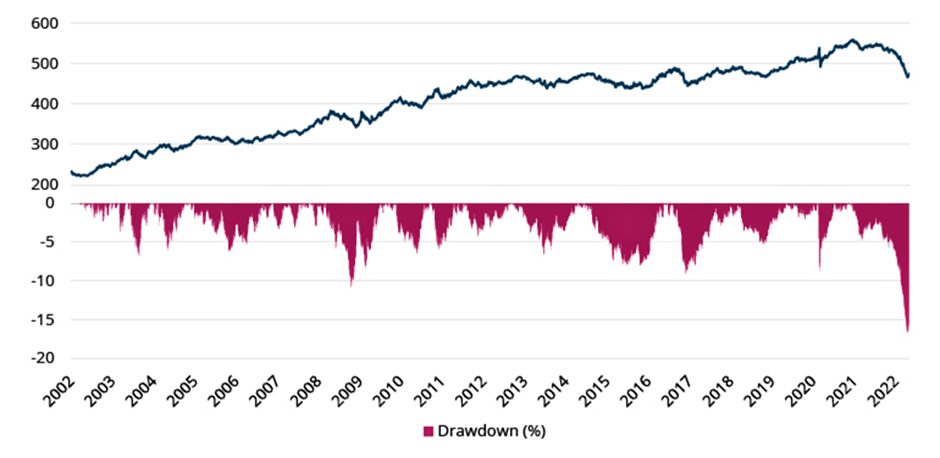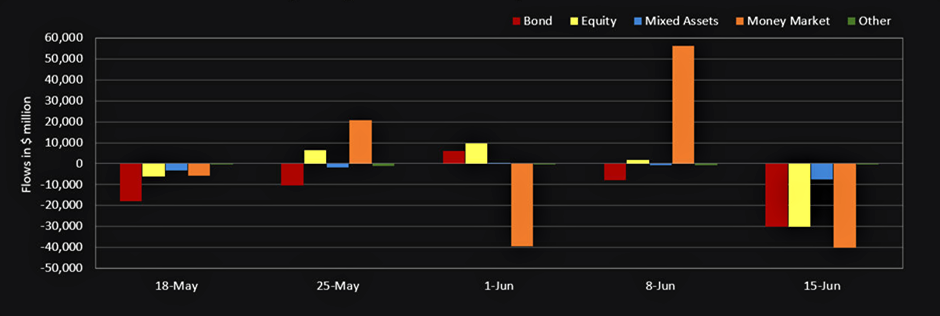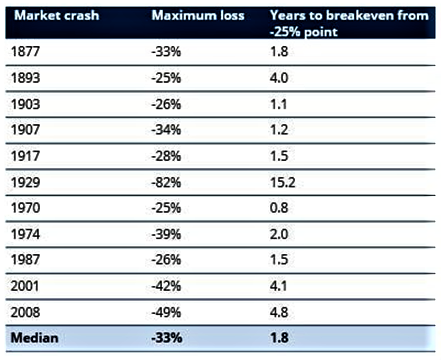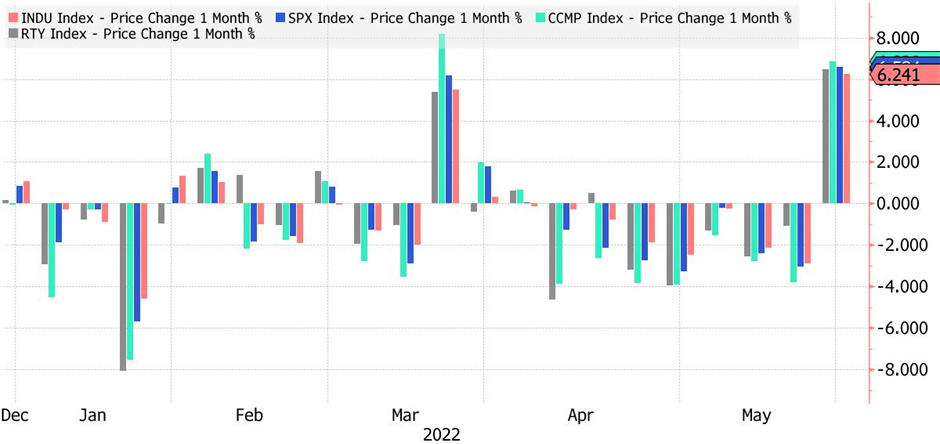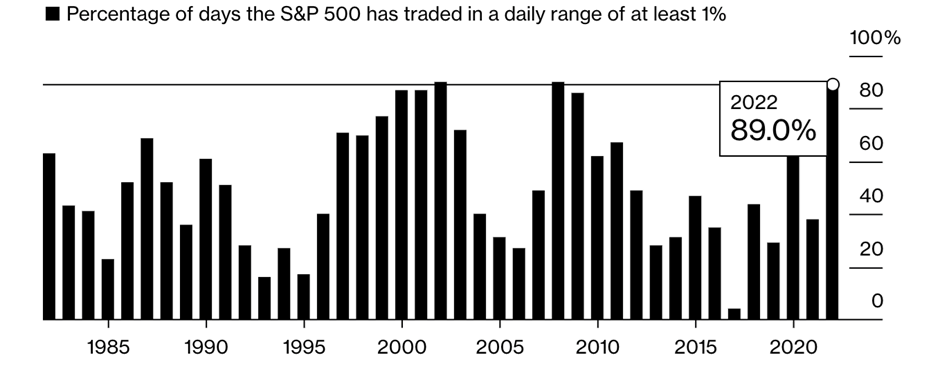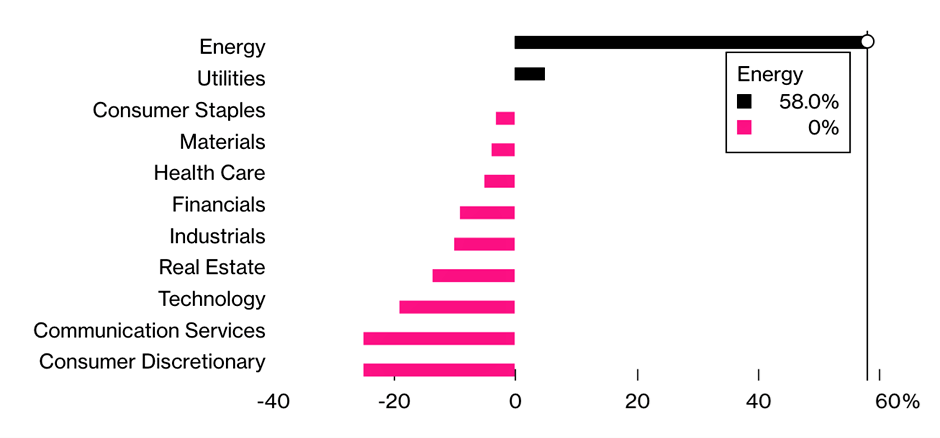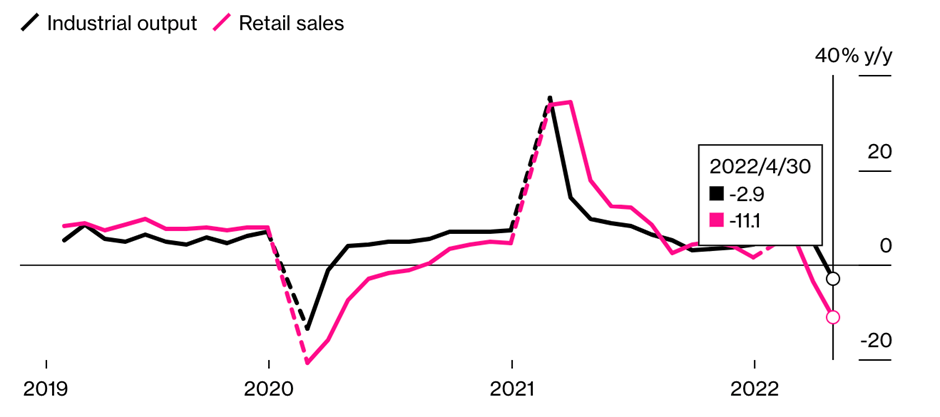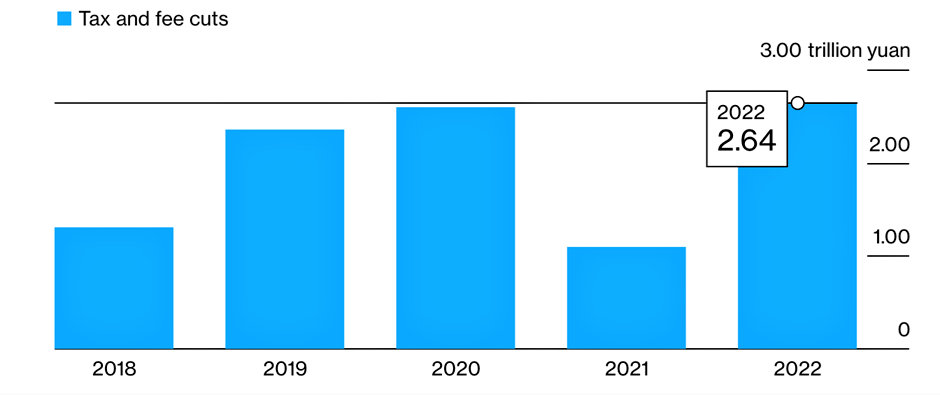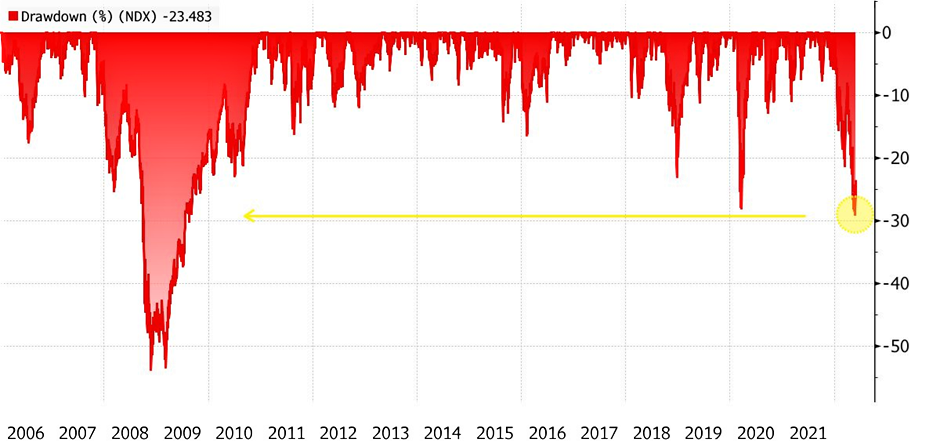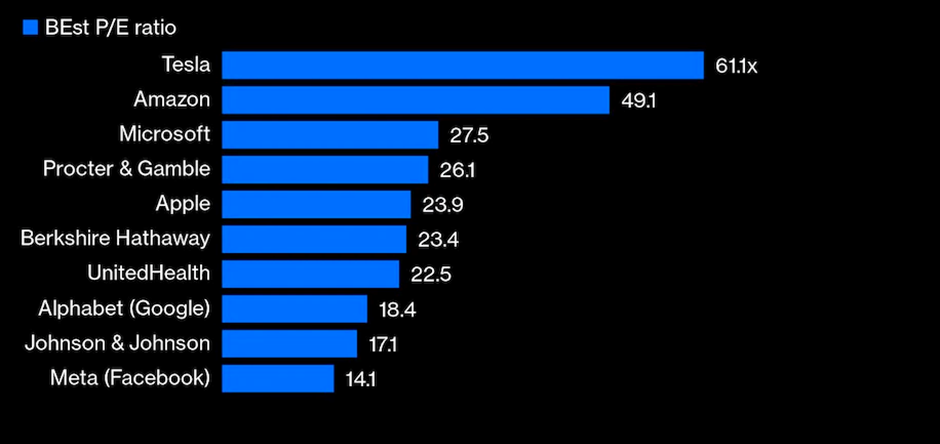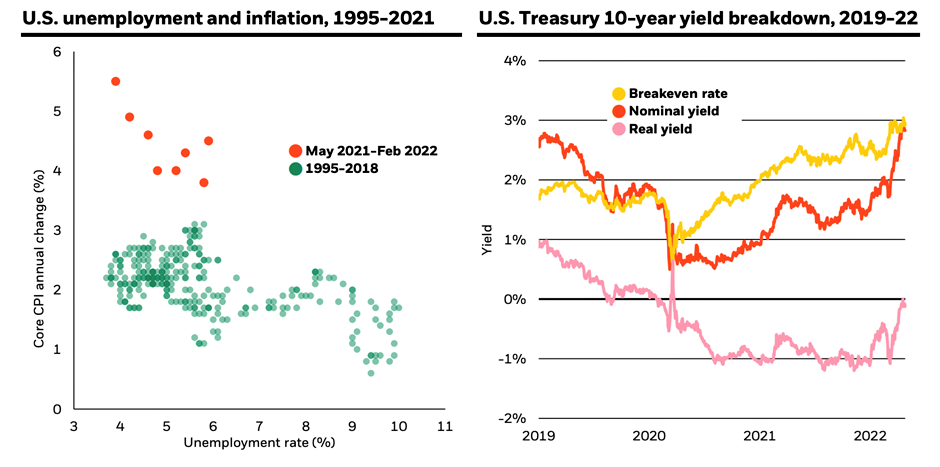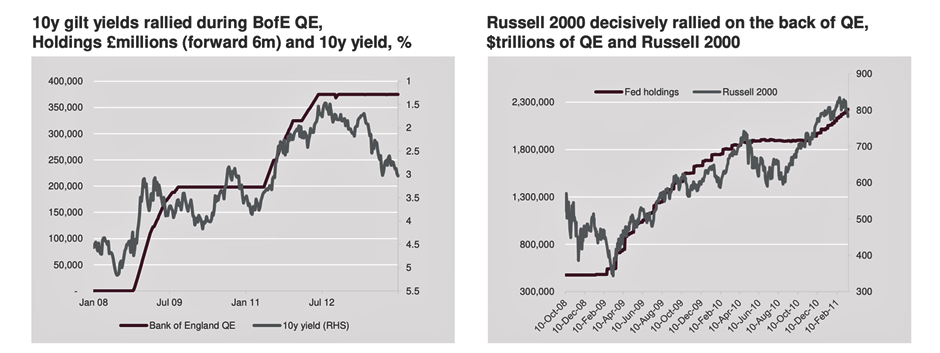Published: August 29, 2022

Dear Euro Pacific Bank customer,
We write to inform you that, although Euro Pacific Bank is now in liquidation pursuant to a Consent Order for Liquidation and Dissolution of International Financial Entity entered into with the Puerto Rico Office of the Commissioner of Financial Institutions (“OCIF”), we can now provide you with a positive update on an easy path forward.
Account Migration
Since Euro Pacific Bank will be closing its business operations in Puerto Rico permanently and irrevocably, we are in advanced conversations to arrange for the transfer of all customer deposits, cash and physical precious metals, as well as ownership of the bank’s four wholly owned subsidiaries, which includes the broker dealer where many customers maintain linked brokerage accounts, to a global financial services technology company headquartered in the United States with an experienced management team and solid track record.
The four subsidiaries of the bank will be owned directly by that company. The bank’s currency and precious metals deposits will be held by its wholly owned subsidiary operating in Dubai. From your account there you will be able to send and receive third party payments in multiple currencies, including U.S. dollars and utilize a debit card to access your deposits.
Once your funds are transferred, they will be immediately available to spend or withdraw. If the acquiring financial institution does not meet your needs, you can transfer your balance to an alternative financial institution.
Migration Opt Out
If you prefer, you may have your deposits wired to an alternative financial institution of your choosing. To initiate this process, you must log into eBanking and request an outgoing wire transfer to an account with the same beneficial ownership as your Euro Pacific account.
You have thirty (30) days from the date of this notice to complete the outgoing wire request for processing.
Reminders:
- U.S. dollars must be converted to another currency the bank supports to be wired out.
- If you do not want your gold and silver holdings to be under new ownership, you must sell them, as the bank cannot deliver out metal.
- If you do not want your brokerage account to be under new ownership, you must liquidate your holdings, including in the bank’s proprietary mutual funds, and transfer any proceeds to your bank account so those amounts can be included in the wire.
We appreciate the confidence you have placed in us over the years and your continued support of our bank throughout this process. Our customers have always been our priority and you continue to be our priority throughout this liquidation process.
Sincerely,
Euro Pacific Bank Management


